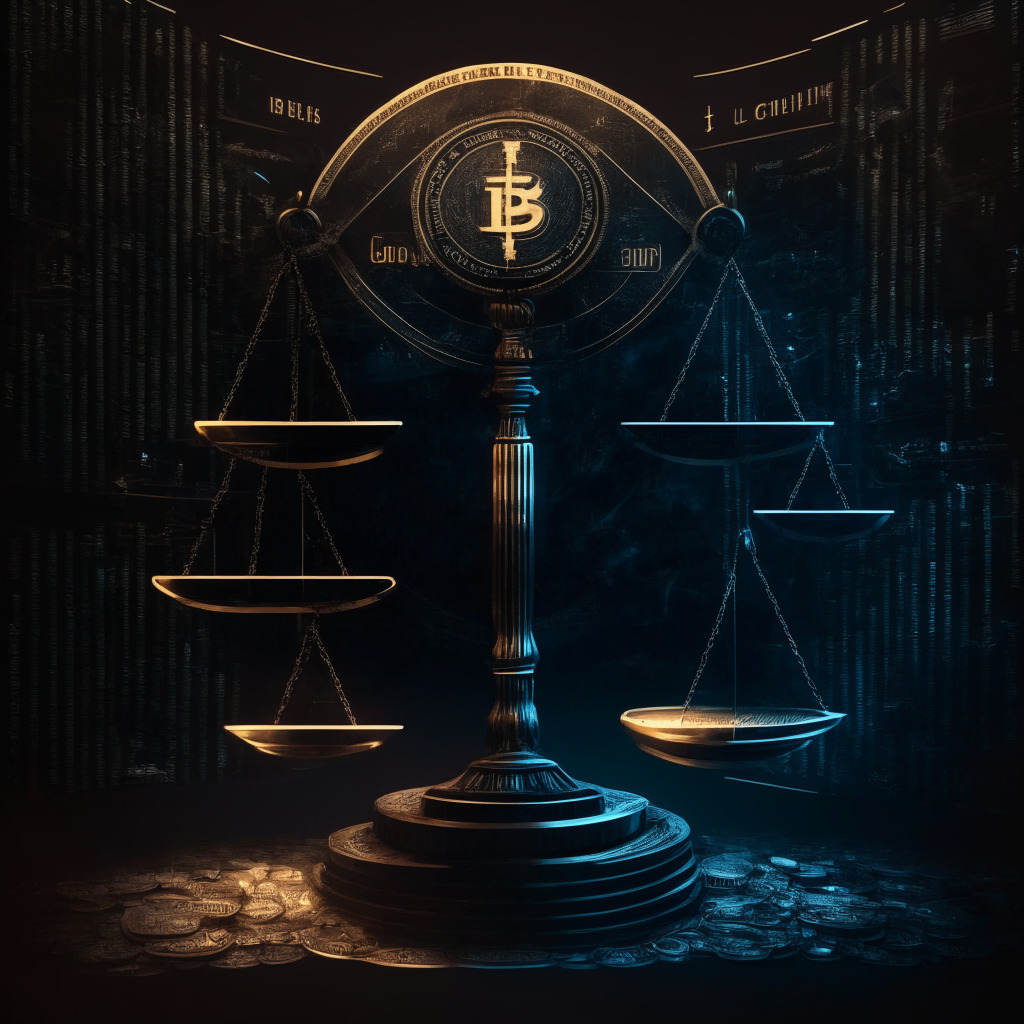Federal judge Analisa Torres of the U.S. District Court for the Southern District of New York is in the headlines, opening a whirlpool of possible controversy and implications among the crypto community. Judge Torres gave the green signal for the U.S. Securities and Exchange Commission (SEC) to commence its pushback against her ruling, a landmark decision that Ripple, the developers of XRP, isn’t in violation of security laws through its conduct of making XRP available to consumers on various exchanges.
This bold move throws the spotlight on the larger conversation over the implications of controlling crypto regulations, and the extent to which such digital assets should or should not be governed by traditional financial laws. On the flip side, it brings up the unanswered question about the autonomy of a decentralized, digital financial ecosystem originally designed to exist beyond conventional regulatory structures.
Interestingly, the SEC’s decision to challenge the ruling was neither impromptu nor stealthy. The commission announced plans for filing an appeal last week, following hints dropped as early as July. The proceedings of this case, from the SEC’s perspective, are on a tight schedule, with a deadline until early next month to file the motion. Ripple, on the other hand, has up until the beginning of September to prepare a response.
The reaction among stakeholders seems relatively unperturbed, to say the least. Ripple’s spokesperson has yet to make a statement on these developments, while the SEC chose to maintain a no-comment stance. For Stuart Alderoty, Ripple’s Chief Legal Officer, this development is seen as an unnecessary deviation from protocol – he expressed his opinion on Twitter that traditional course of legal proceedings should’ve been strictly followed.
As of now, the financial markets don’t seem to be picking up any significant signals from these regulatory twists and turns. The fluctuation in the price of XRP, for instance, has been within expected market trends, with a slight drop of around 4% in the last 24 hours according to CoinGecko, indicating an ongoing skepticism, yet balanced, in the market.
The roller coaster of this case, as it develops, could, therefore, impact the overall perception of cryptocurrency laws, their enforcement, and above all, the interpretation of their legal and financial boundaries. However, one thing is for sure. We are in a fascinating era where digital finance is steadily moving from being a disruptor to a mainstream discipline, challenging existing norms and practices, while also paving the way for more thoughtful and meaningful discussions.
Source: Coindesk




